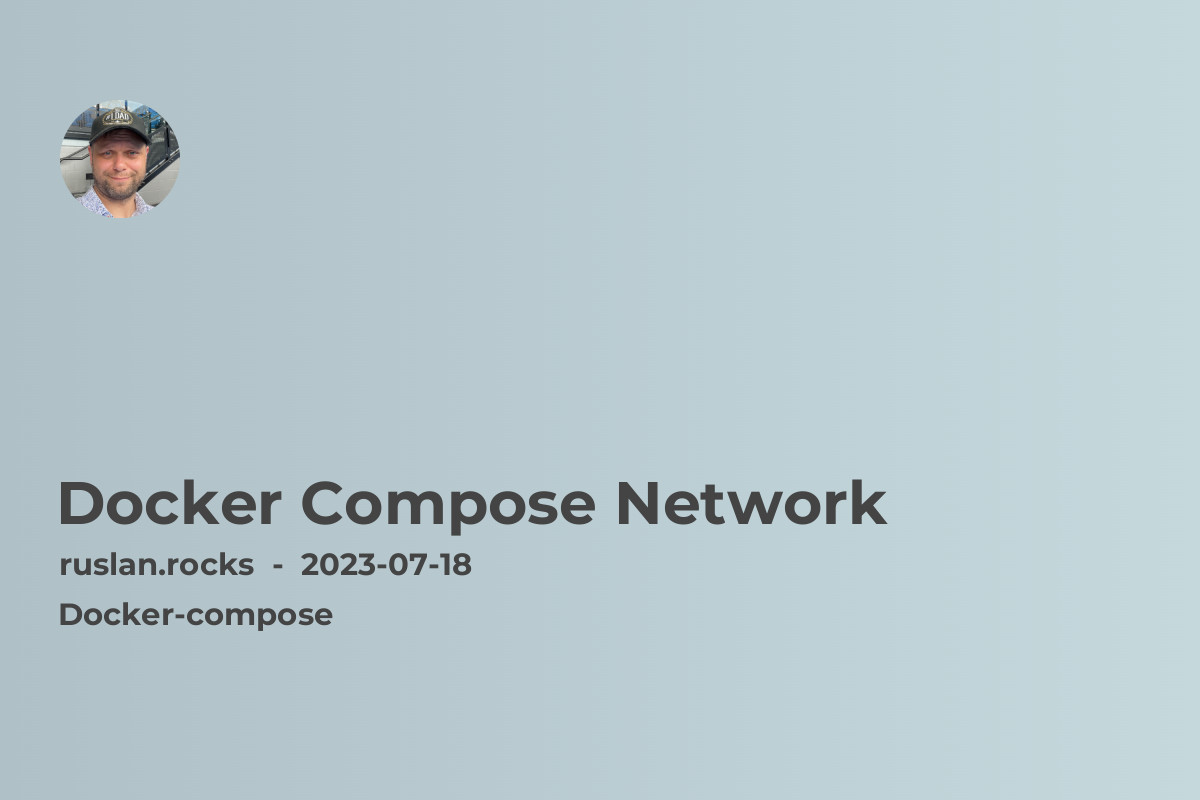
Docker Compose Network is a feature of Docker Compose, which is a tool for defining and running multi-container Docker applications. With Docker Compose Network, you can easily create networks and connect your containers to these networks, enabling them to communicate with each other. This greatly simplifies the setup and management of container networking.
Networking Made Easy
Managing container networking can be complex and time-consuming, especially when you have multiple containers that need to communicate with each other. Docker Compose Network makes this process easier by allowing you to define networks in a simple and intuitive way.
To create a network using Docker Compose Network, you simply specify the name of the network in your docker-compose.yml file. For example:
version: "3"
services:
web:
image: my-web-app
networks:
- my-network
db:
image: my-database
networks:
- my-network
networks:
my-network:
In this example, we define two services: web and db, and both are connected to the my-network network. This means that the web service and the db service can communicate with each other without any additional configuration.
Enhancing Your Container Workflow
Docker Compose Network can greatly enhance your container workflow by simplifying container networking. Here are a few tips to make the most out of this powerful tool:
-
Use Environment Variables: Docker Compose Network supports environment variables, allowing you to dynamically configure network settings based on the environment. This can be particularly useful when deploying containers across different environments or for managing secrets.
-
Leverage Volume Mounts: Docker Compose Network allows you to mount volumes from your host machine into your containers. This can be handy for sharing files between containers or persisting data across container restarts.
-
Monitor Network Traffic: Docker Compose Network provides built-in monitoring features that allow you to analyze network traffic between your containers. This can help you identify performance bottlenecks and optimize your container networking.
Related Topics
If you found this article useful, you may also be interested in the following topics:
